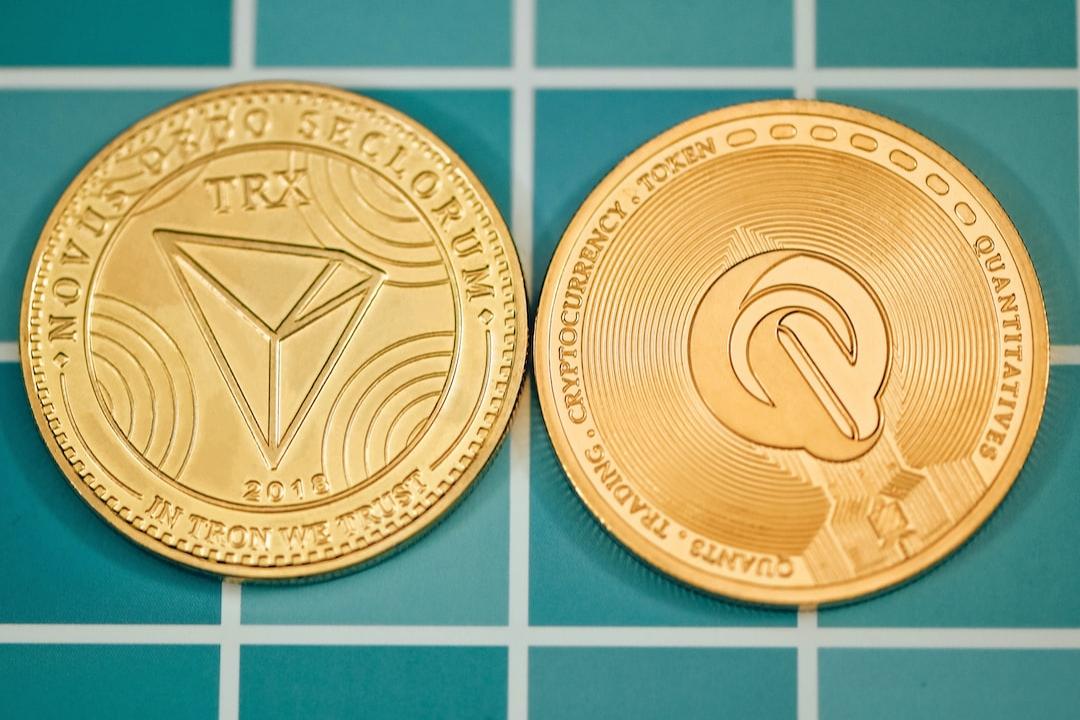Gamers are individuals who enjoy exploring new challenges and experiences. Once they complete a level or an entire game, they often seek more. Additionally, gamers desire recognition and the ability to boast about their accomplishments. This is why the presence of AI agents, which act as coaches and in-game fans, will contribute to the growing popularity of Web3 gaming.
In a Netflix documentary, college students hacked and enhanced Atari’s Missile Command game in the 1980s to make it more difficult to beat. Subsequently, they established a thriving black market arcade in their dormitory room and developed booster kits for the arcade machine. Atari reached a legal settlement with the students on one condition.
The concept of fan ownership and game modification aligns with the culture of crypto and gaming. Hacking video game intellectual property (IP) demonstrates a genuine desire to enhance the game, serving as a tribute to one’s love for it. Therefore, why not employ AI agents to improve a game?
Initially, “gaming companions” were in-game coaches and fans who provided encouragement to players. These companions gained popularity in Web2 gaming. Transitioning to Web3 makes sense, and after the current memecoin supercycle, AI agents will be deployed as companions in gaming and social applications. However, the utilization of AI agents in gaming is still relatively new.
AI agents are software programs capable of autonomously executing tasks on behalf of their users. The level of autonomy may vary depending on the prompts or instructions provided to the AI agent. By 2025, gamers will be able to deploy AI agents through a user-friendly design, even if it is rudimentary.
Web3 gaming is on the horizon, and AI agents will play a crucial role in its development.
The crucial point to consider is that the AI agents created by fans serve as a means of modifying and enhancing the in-game experience. This concept of modifying in-game hardware and software traces back to the origins of the gaming industry. Only when gamers have ownership of the network can this be fully realized.
As AI agents enter the gaming scene, the concept of Web3 ownership will be embraced. It is true that Web2 gamers tend to dislike Web3 gaming. This is because Web2 gamers have valid concerns regarding big-name Triple A (AAA) studios continuously charging them for in-game skins, level-ups, and add-ons. Most gamers still view Web3 gaming with suspicion, as it often involves tokenization and promises of “owning the gaming network.”
How will gamers react to in-game AI agents? Will they fear that the purity of the game will be compromised? No, AI agents will actually enhance gaming communities.
Gaming is a social activity in which gamers constantly seek unique and authentic experiences. A significant portion of Generation Z and millennials socialize more in online games than in the physical world, with 40% of them falling into this category. Winning in gaming often involves cooperating with friends in quests or competing against random players on the other side of the screen. However, sharing achievements with the world is an essential part of the gaming journey.
The difference with AI agents is that they can learn from a player’s choices. It will no longer be just the player and “The Matrix.” Instead, it will involve the player, their friends, their competitors, their community, and now, their coach – an AI agent that modifies and personalizes their gaming experience.
This concept of owning the network can be compared to the generation of intellectual property, which has long been a source of pride in gaming, dating back to the mischievous Atari-hacking college students. The notion of fluid IP ownership has been present in gaming since the 1980s.
The next generation of Web3 gaming decentralized applications must recognize the importance of the in-game creator layer. This can be achieved by incorporating community self-sovereignty, establishing composable layers, providing gamers with opportunities to create and modify content, and offering financial incentives.
In-game hacking facilitated by AI agents has the potential to fuel a $200 billion per year gaming economy, thus making Web3 a viable and distinct alternative for gamers. The introduction of AI agents will be accompanied by logical mechanisms that allow gamers to create and earn.
Please note that this article is for informational purposes only and should not be considered as legal or investment advice. The views, thoughts, and opinions expressed in this article are solely those of the author and do not necessarily reflect the views and opinions of Cointelegraph.

